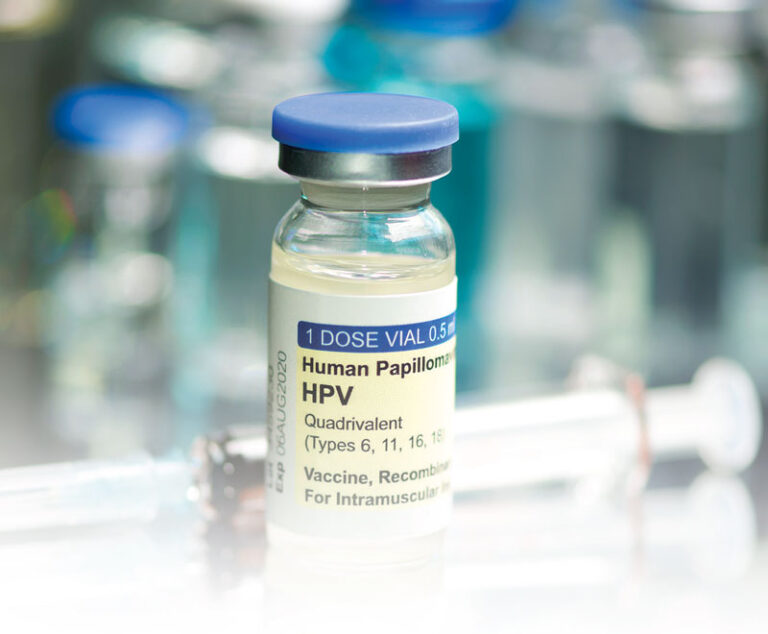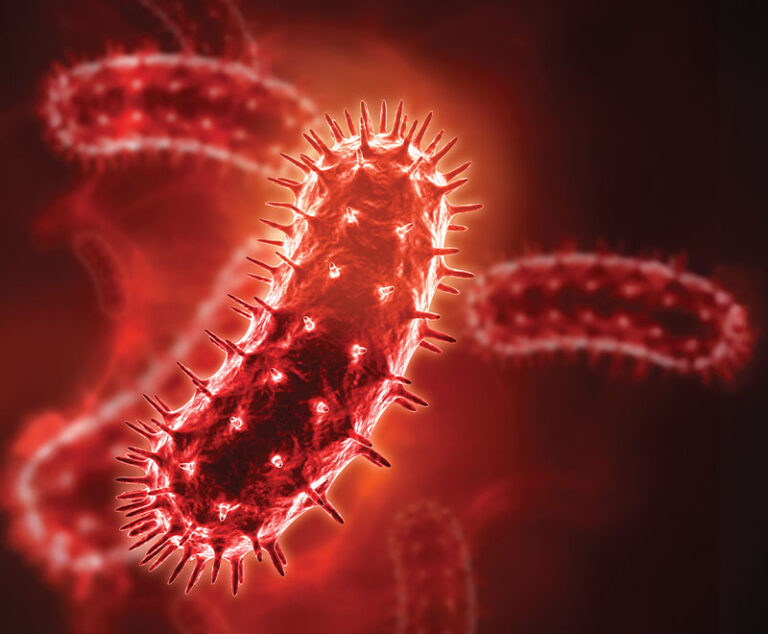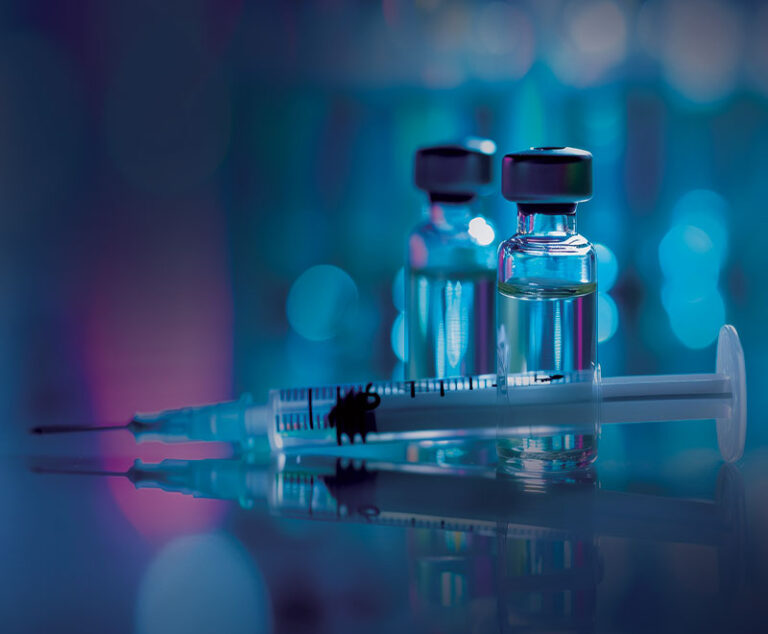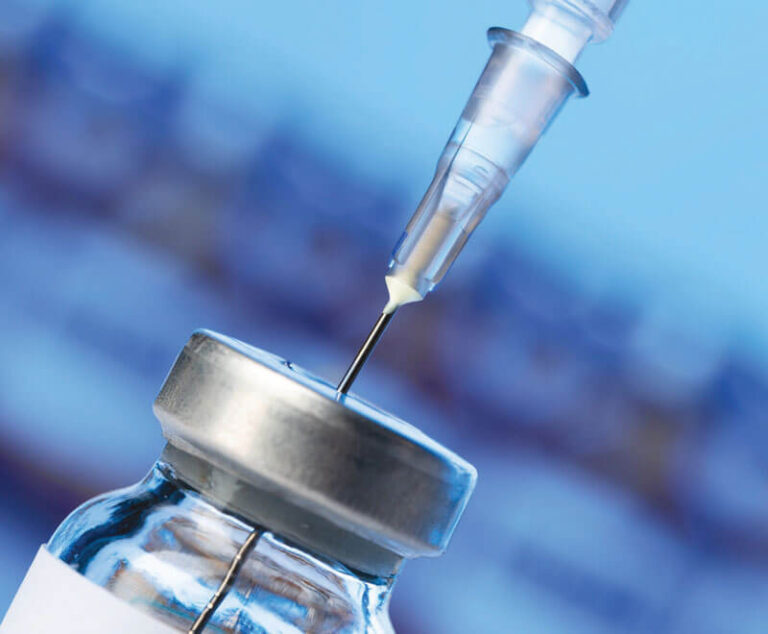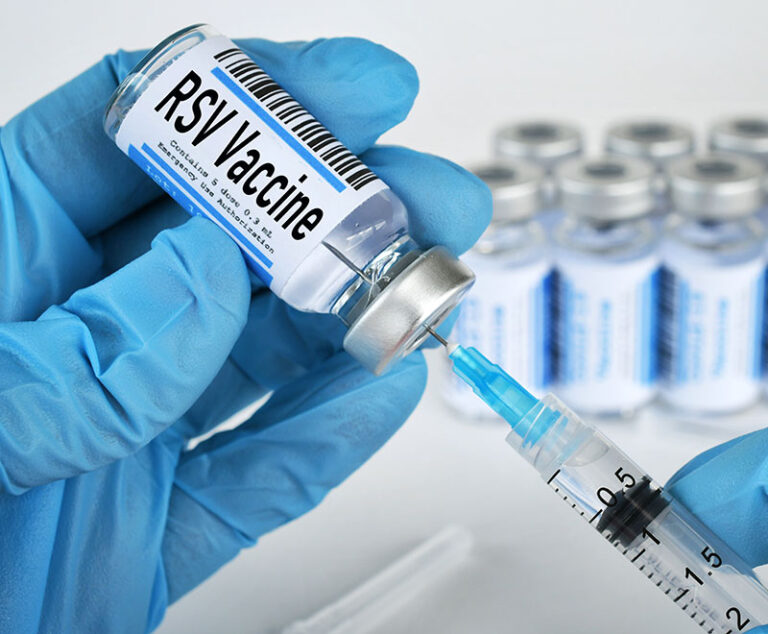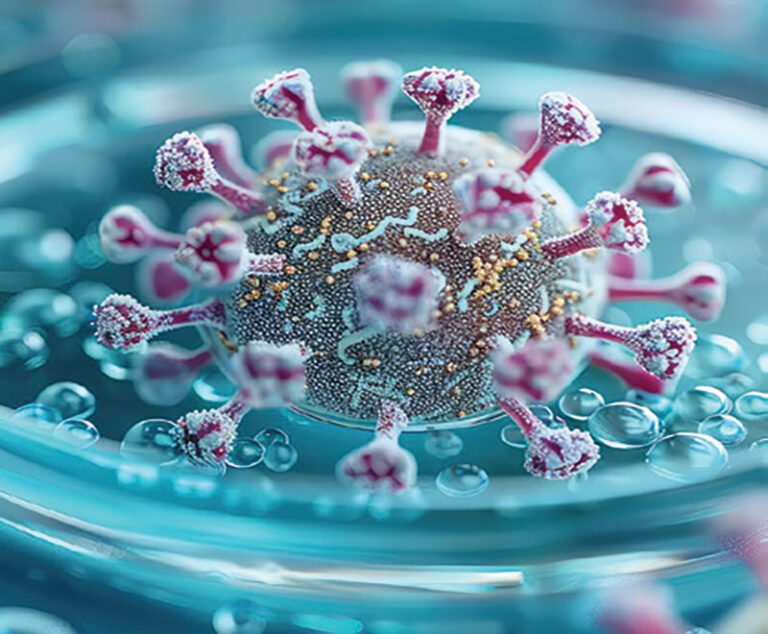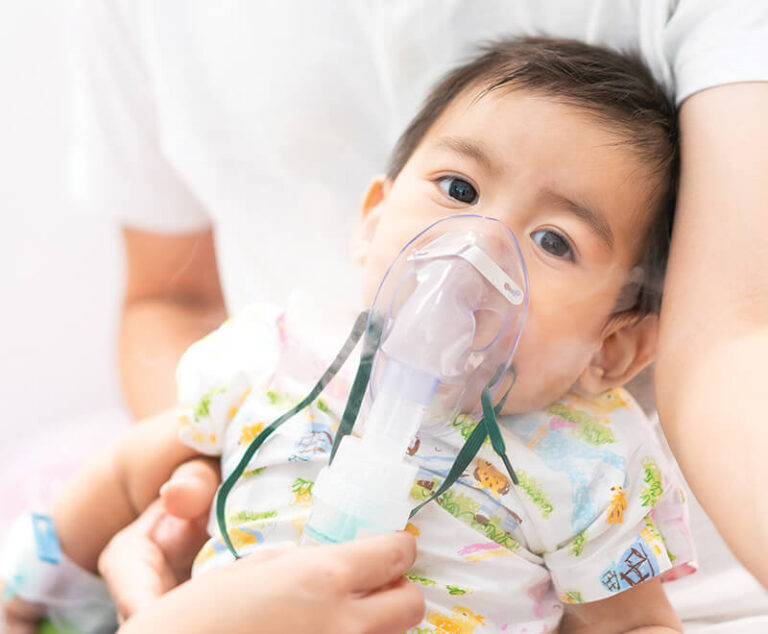Industry Insight
Information, Observation & Analysis
Vaccines Articles
While traditional vaccines teach the immune system to fight off foreign invaders, inverse vaccines teach the immune system to ignore its own cells — and may completely reverse autoimmune disease.
Shortages and recent spikes in egg prices have boosted public awareness that a “bird flu” is devastating domestic poultry flocks across the country. Since its arrival in the U.S. in January 2022, more than 166 million farmed poultry animals have been sacrificed in an attempt to control the spread of H5N1, a highly pathogenic avian influenza A (HPAI) featuring H5 hemagglutinin and N1 neuraminidase surface proteins (H5N1).
The incidence and prevalence of STIs remain high, and the serious health consequences of contracting one make prevention a national imperative.
Protecting Americans against severe disease significantly reduces their chances of getting seriously sick while traveling abroad.
Though mostly eradicated in the U.S., treatment for rabies must begin immediately with hyperimmune globulin and vaccines.
Three top vaccine producers are making newer vaccines that not only protect against the newer sublineages of COVID-19, but that also protect against other respiratory viruses.
Although history has proven the success of vaccines in controlling the spread of diseases, emerging threats are concerning. However, hope is on the horizon with studies of newer vaccines.
Inborn errors of immunity (IEI) increase morbidity and mortality risks, particularly from respiratory tract infections. Hence, vaccination becomes pivotal for IEI patients.
Now that safe and effective RSV vaccines are finally available, more evidence of their direct health benefits in older Americans will be forthcoming. It is likely as well that FDA will eventually expand the marketing approvals of these vaccines to include adults under age 60 with chronic conditions demonstrated to importantly increase the risk of RSV-associated LRTD and hospitalization.
Researchers at the University of Wisconsin (UW) School of Medicine and Public Health are exploring the ideal vaccine booster strategy for immunosuppressed patients to protect those at higher risk of severe illness and complications from COVID-19 infection.
A new vaccine currently in development can effectively and affordably lower levels of “bad’ cholesterol in the body, a health problem that affects almost two in five adults in the U.S.
For decades, respiratory syncytial virus (RSV) has defied the best efforts of vaccine makers to bring it to heel, until now.


